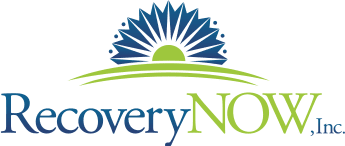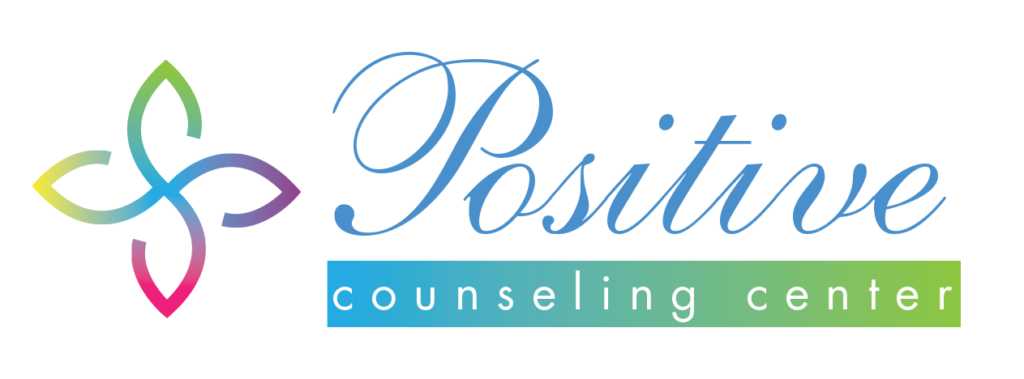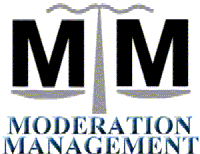
Humans thrive on relationships; but not all bonds are built on the same strong foundations. Many people live with unhealthy connections – often with friends, family members and co-workers. Codependency occurs when a person derives a sense of worth or purpose from the ability to meet another person’s needs, gain their approval, or elicit certain responses. Ultimately, codependency facilitates dysfunctional behavior patterns that prevent individual growth and independence.
Help for Codependence
You may need treatment for codependence if you:
- Feel overwhelming desire for another person’s approval
- Accept unreasonable behavior and disrespectful behavior from a loved one
- Make excuses for your loved one’s addiction
- Fear rejection or abandonment
- Do not have your own hobbies and interests
- Put the needs of others ahead of your own
- Have difficulty meeting your own responsibilities because you are too busy helping others
- Need others to define who you are
- Have difficulty making your own decisions
- Apathetic – Not caring about what happens in your own life
- Controlling behavior of others
- Unable to tell people when they are bothering you and instead of saying something, may withhold love or behave differently towards others without them knowing why

Codependency does not have to mean ending a relationship. You can still maintain connections with your loved ones – only in a healthier, more meaningful way. If you feel that you may be in one or more codependent relationships, we want to help you establish a sense of healthy independence and prevent you from sabotaging your own happiness with the needs and demands of others.
Many codpendents may engage in behavior that enables addiction to continue when it may not have otherwise done so if the enabling behavior stopped. We have included the following definition from wikipedia as a reference to define enabling:
Enabling in Addiction

From Wikipedia, the free encyclopedia
Common examples of enabling can be observed in the relationship between the alcoholic/addict and a codependent spouse or a parent. The spouse may attempt to shield the addict from the negative consequences of their behavior by calling in sick to work for them when they are hungover or binging on substances, making excuses that prevent others from holding them accountable, and generally cleaning up the mess that occurs in the wake of their impaired judgment. In reality, what the spouse is doing may be hurting, not helping. Enabling can tend to prevent psychological growth in the person being enabled, and can contribute to negative symptoms in the enabler.






